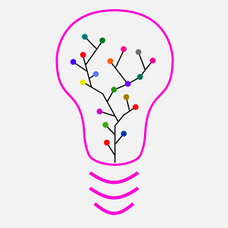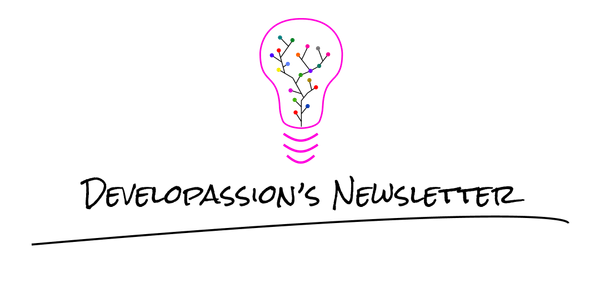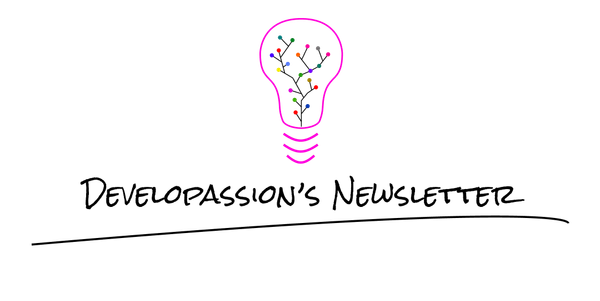Why all solopreneurs should write a journal
Explore how journaling can be a game-changer for solopreneurs, unlocking creativity, enhancing productivity, and guiding personal and business growth

I've written quite a few articles about journaling. In this article, I want to discuss the reasons why solopreneurs should seriously consider writing a (professional) journal.
Introduction
As I've argued in my previous articles, journaling has a ton of value, both for personal development, mental health and work. When thinking about entrepreneurship and solopreneurs in particular, I believe that journaling can seriously increase the chances of success. It's not the only valuable practice to implement (see my article about systems), but it's clearly an important one to consider. Let's explore some reasons why.

What are the specific challenges that solopreneurs face?
Unlike startups and larger companies, solopreneurs face the specific challenge that they're on their own. They're alone to motivate themselves, plan, organize, and in general execute their projects. If they rely solely on their brains to do their work, it's easy for them to end up feeling overwhelmed. As a solopreneur myself, I wouldn't be able to be strategic and keep track of everything if I didn't rely on tools to help me brainstorm, analyze, prioritize, execute and review the projects I'm working on. There are various dimensions to this: visibility, abstraction, priorities, progress tracking, clarity, documentation, focus, communication, etc.
Basically, without a way to externalize knowledge and thinking about work projects, the only way is to rely on our short-term/long-term and our limited (and rapidly declining) attention span.
With the help of tools for note-taking, task management, design, documentation, bug tracking, planning, etc, we can drastically reduce the cognitive/mental overhead/pressure and improve our ability to tackle tough challenges.

What are the key benefits of journaling for solopreneurs?
Specifically, journaling helps with different aspects of the solopreneur challenges.
First, it's a wonderful means to quickly dump information and link it both temporally (e.g., I can easily find what I wrote last month) and with other information, creation a useful knowledge graph. That alone is super valuable. Without a journal, the endless flow of ideas you have would keep turning round and round in your mind, before vanishing forever. Journaling helps capturing ideas, discoveries, lessons learned, mistakes, etc. In that sense, a journal is a sort of knowledge inbox.
Journaling is also a great way to brainstorm. If you keep your journal open (whether it's analog or digital), you can use it whenever you need to explore ideas and dissect work to be done. I like brainstorming about what to do next within my journal. One benefit is that I can go back in time and restore the mental context I was in and better understand my (past) thinking process. Brainstorming in a journal is deceivingly simple. You just dump thoughts as they come in, create bullet points or visual cards, create links between elements, draw conclusions, define task lists, etc. The output can be as raw or as elaborate as you want/need, it doesn't matter much. But capturing the inputs and outputs is the key. Of course, you can isolate your brainstorming sessions in other tools and/or notes and create links, but you don't have to. You'd be surprised how much can be done with a dumb text file.

A journal is also a great place to think (strategically or not). What projects do you want to work on next? What links/bridges/synergies could/should be created between those? Which market should you target?
Whenever I want to think about what I want/should/could do next, I open my daily note and start writing. Writing is a very powerful way to think. It does not suffer from the same limitations as our short-term memory because you can explore as many ideas as you want (preferably one at a time), and keep track of everything.
Daily notes can also be used as a way to be tactical and organize your daily/weekly work. I like planning my weeks and days ahead of time. Generally, I use weekly notes to plan the week ahead, and daily notes to list the main task(s) I want to focus on. That way, when a week/day starts, I don't have to think about what to do. It's all right there in front of me. Throughout the day, I just keep coming back to my journal to track my progress. I can add/remove/postpone tasks as needed, but also take notes about the challenges I faced, my little wins, etc.

By virtue of capturing information, ideas, knowledge, plans, and more, your journal can also serve as input for periodic reviews. As I've explained in that article, those are perfect for reflecting on the past, evaluating progress, understanding mistakes, improving processes, and more. People who perform periodic reviews without having notes about past events are bound to forget about many important facts, be biased, and miss opportunities to learn important lessons and improve your chances of success. This is one of the top reasons why I believe that journaling is a really important practice for entrepreneurs/leaders in general, and solopreneurs in particular.

An additional benefit of capturing more about your journey as solopreneur is that you can use the accumulated information in order to better understand your own journey, and improve your storytelling. This might not seem very important, but storytelling can make a big difference to your solopreneur adventure.

When rolling solo, it's sometimes really important to be able to vent, as the pressure can be hard to take. Friends and family are the main people who can/should support you, but sometimes nobody will truly understand what you're going through/doing. Journaling can be a great way to express yourself, and let things out in a way that can be helpful for you. Writing things down often helps bring clarity, calm emotions, take some distance, make up your mind, get back in control or see things differently.
Solopreneurs can also easily fall into the trap of not enjoying the small wins. They focus on the big and hairy goal, and on the fact that there's still a long way to go. Journaling helps because, by keeping track of actual progress, they can look back and celebrate more often. This has a big upside for motivation. In addition, it's also great for making solopreneurs stick to their goals.
Last but not least, by integrating information/knowledge in your journal (first), and (most importantly) in a Personal Knowledge Management system, you can centralize knowledge about your past, ongoing and future projects, which can be a great source of clarity/creativity/innovation, and help create synergies between your different initiatives.
Going further
If you want to go further, I invite you to explore Personal Knowledge Management (PKM). Check out my course on the topic:
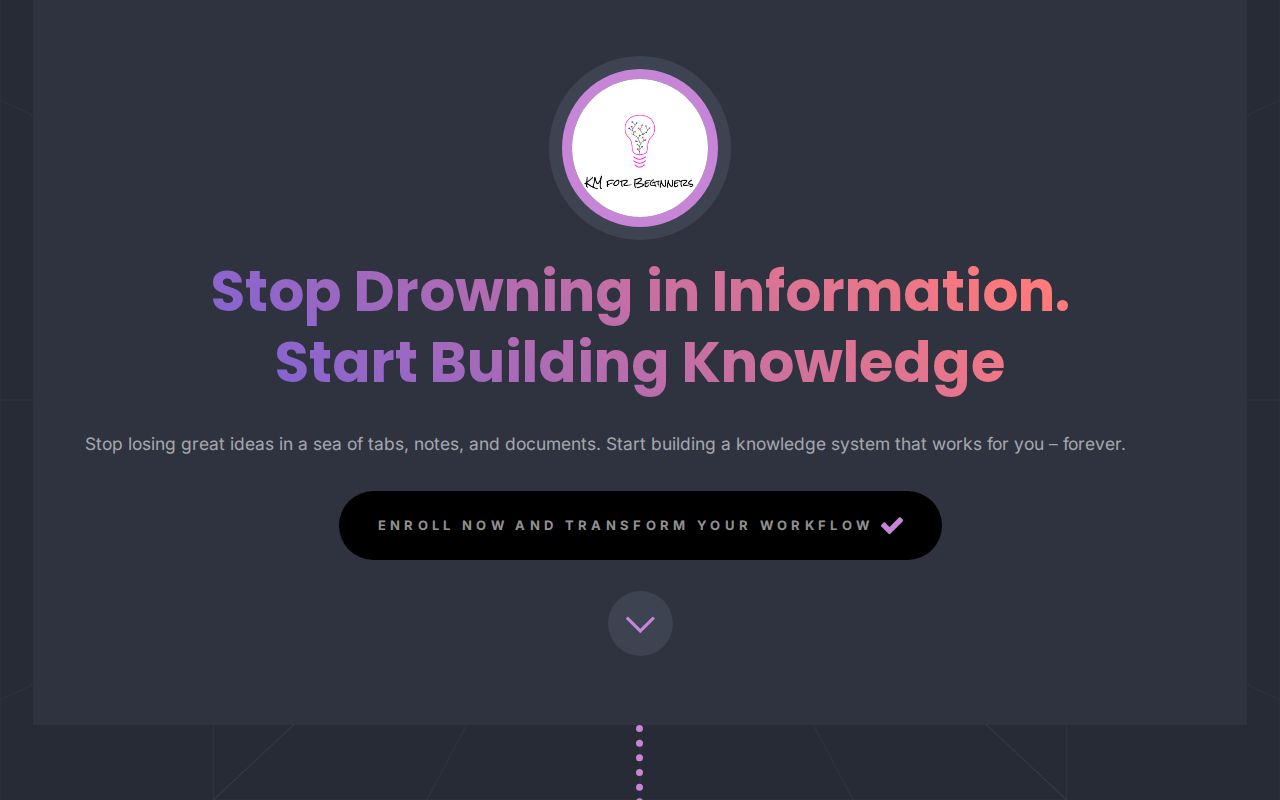
Take a look at my other articles about PKM and journaling. You can also subscribe to my newsletter, join my PKM community, check out my daily note template or my note-taking/note-making products; in particular the Obsidian Starter Kit.
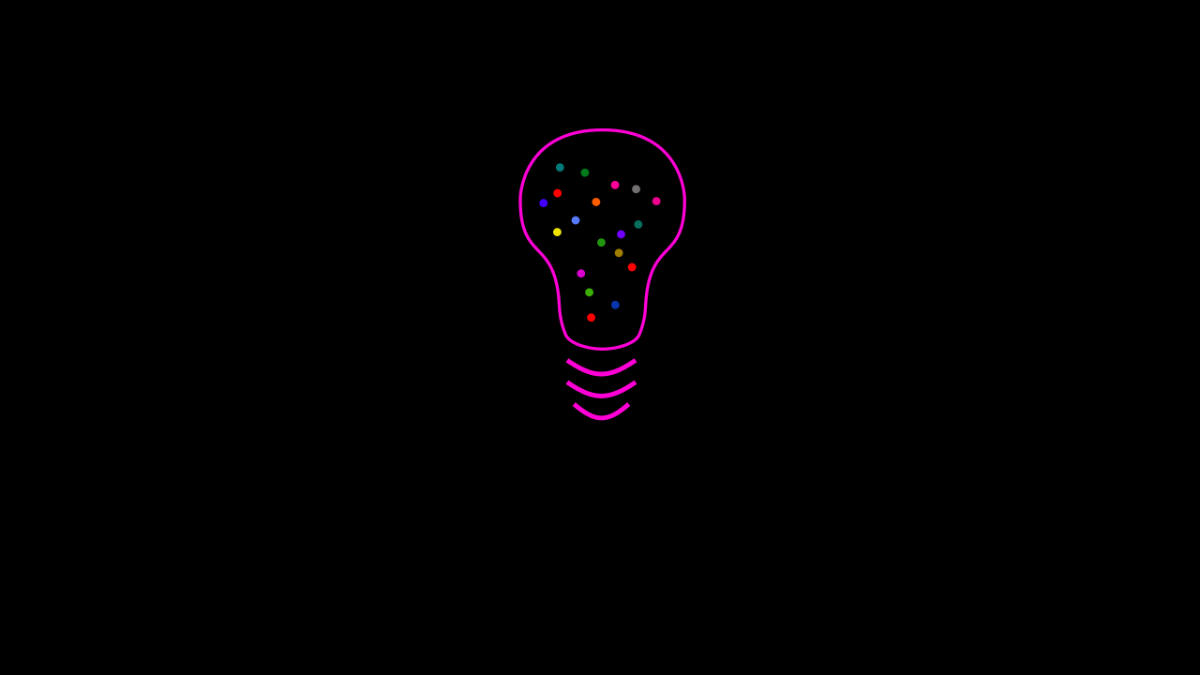
Most importantly: keep things simple. Don't procrastinate looking for the perfect tools and techniques. Start with a paper notebook or Obsidian, and go from there. You'll invest more time and energy into it only if and when you need to!
Conclusion
In this article, I've discussed the main advantages of journaling for solopreneurs. Many of the benefits I've listed are also applicable to entrepreneurs in general and founders, but I wanted to focus specifically on solopreneurs like me.
If you're a solopreneur, then I hope that this will motivate you to really give journaling a chance, and that it will help you move forward!
That's it for today!
About Sébastien
I am Sébastien Dubois. You can follow me on X 🐦 and on BlueSky 🦋.
I am an author, founder, and coach. I write books and articles about Knowledge Work, Personal Knowledge Management, Note-taking, Lifelong Learning, Personal Organization, and Zen Productivity. I also craft lovely digital products . You can learn more about my projects here.
If you want to follow my work, then become a member.
Ready to get to the next level?
To embark on your Knowledge Management journey, consider investing in resources that will equip you with the tools and strategies you need. Check out the Obsidian Starter Kit and the accompanying video course. It will give you a rock-solid starting point for your note-taking and Knowledge Management efforts.
If you want to take a more holistic approach, then the Knowledge Worker Kit is for you. It covers PKM, but expands into productivity, personal organization, project/task management, and more:
If you are in a hurry, then do not hesitate to book a coaching session with me:



